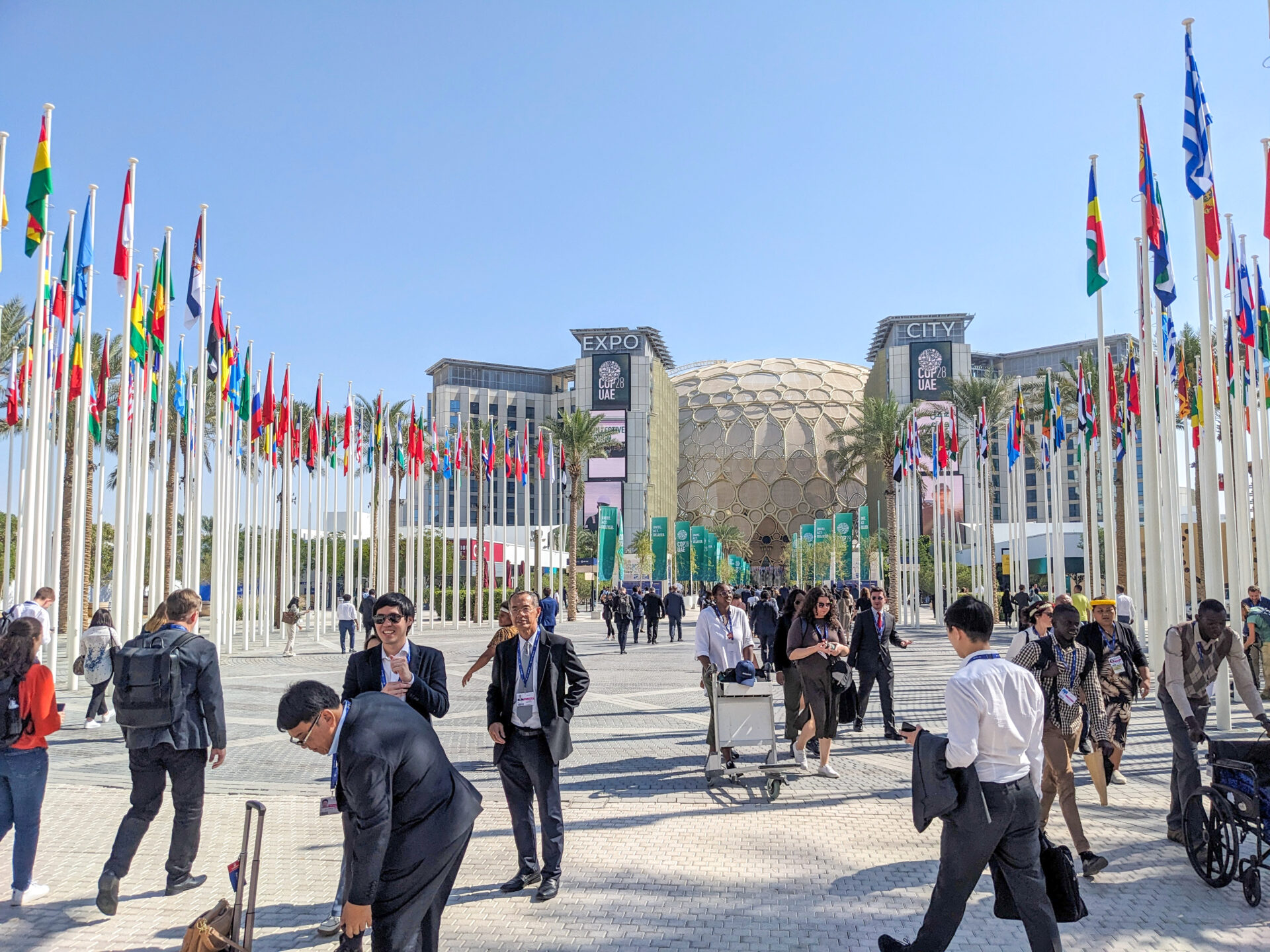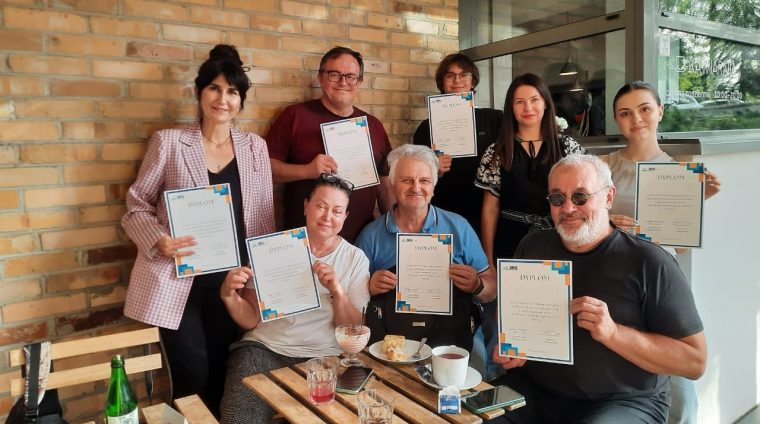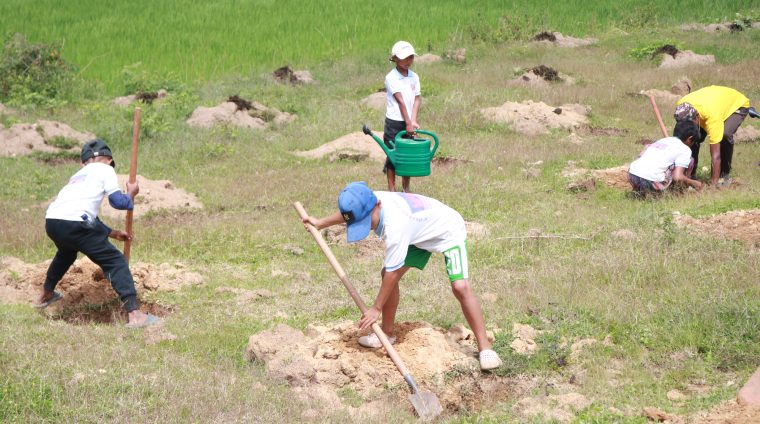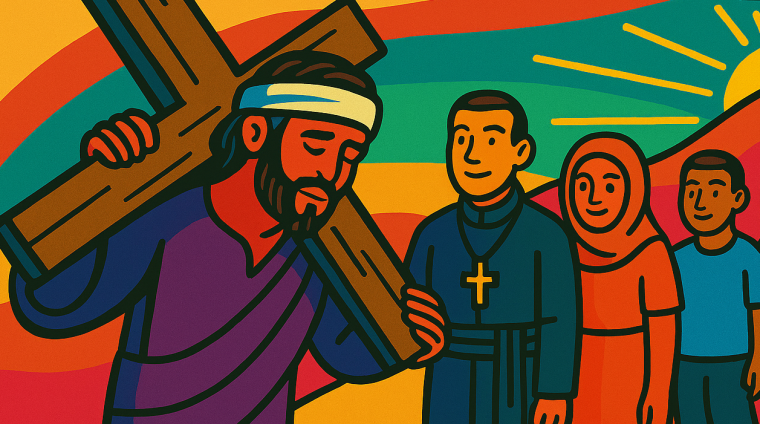Colm Fahy, Ecology Advocacy Officer at the Jesuit European Social Centre, shares his thoughts ahead of COP29.
Another year, another climate summit on the horizon.
For those of us who follow the UN Conferences on Climate Change (COPs), this annual gathering has become as predictable as the seasons – though its outcomes are anything but.
The past 29 editions of these summits have delivered moments of high drama and genuine progress, none more significant than the 2015 Paris Agreement, in which world leaders committed to keeping global temperature rise below 1.5°C. As we approach COP29 in Baku, Azerbaijan this November, it’s worth taking stock of COP28’s promises and the developments since.
COP28 conclusions
Dubai’s summit marked a watershed moment in climate diplomacy. For the first time in UN history, fossil fuels were explicitly named in an international agreement – calling for “transitioning away from fossil fuels in energy systems, in a just, orderly and equitable manner.” While the language might seem modest to outsiders, in the world of climate negotiations, this was seismic.
Equally significant was the progress on Loss and Damage – the thorny issue of compensating developing nations who bear the brunt of climate impacts despite contributing least to the crisis. COP28 established the governance framework and secured pledges of around £700 million from wealthy nations.
Yet both achievements came with significant caveats. The fossil fuel agreement stopped short of demanding a “phase out,” settling for softer phrasing. Meanwhile, the Loss and Damage pledges, while welcome, fall well short of the trillions experts say are needed annually – and aren’t legally binding.

(Image: Unsplash/Bernd Dittrich)
The halfway point: Bonn climate talks
June’s intersessional talks in Bonn revealed the fault lines that COP29 will need to address. Two critical issues dominated discussions: establishing a new global climate-finance goal and ironing out the complexities of carbon markets under Article 6 of the Paris Agremment.
The finance debate has exposed familiar tensions between developed and developing nations. Wealthy countries remain reluctant to commit to specific targets while developing nations argue that anything less than trillions in support will fall short. The suggestion that emerging economies should join the donor pool has met strong resistance from the G77 and China bloc.
Biodiversity COP
In addition to COP29 (the UN Climate Change Conference), the COP16 Conference of the Parties to the Convention on Biological Diversity (CBD COP16) is taking place in Colombia (as I am writing). In parallel, the biodiversity agenda has hit concerning headwinds. Nations have struggled to make meaningful progress on their 2022 commitment to protect 30% of the planet for nature by 2030. This sluggish pace has raised eyebrows ahead of the climate summit, suggesting implementation challenges across environmental commitments.
Importance of COP in light of the latest science
Recent UNFCCC findings paint a sobering picture. Current national climate plans fall dramatically short of the emissions cuts needed to meet the 1.5°C target. The report calls for countries to submit enhanced climate plans with concrete targets, sector-specific strategies, and robust implementation pathways.

Conclusions
The months since COP28 tell a story of incremental progress against a backdrop of mounting urgency. While Dubai delivered historic breakthroughs on fossil fuels and Loss and Damage, the gap between diplomatic achievements and scientific imperatives continues to widen.
The Bonn talks have exposed persistent divisions between nations, particularly around finance – divisions that Baku will need to bridge. Meanwhile, the latest science underscores that current efforts fall well short of what’s needed to avoid the worst impacts of climate change.
The road to COP29 in Baku presents a crucial challenge: transforming diplomatic agreements into tangible results. While the Dubai conference achieved important diplomatic milestones, three key priorities will determine success in Azerbaijan: settling outstanding climate finance issues, developing more robust carbon markets, and speeding up the global shift away from fossil fuels.
The diplomatic groundwork laid in Dubai was significant – but the real test will be turning these promises into reality.
It is important that Faith Based actors work together to Pressure COP delegates to deliver on global climate promises. Jesuits For Climate Justice is doing just this in uniting the Ignatian in calling for climate justice. Find out more here.






